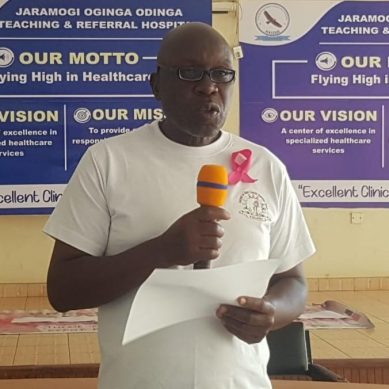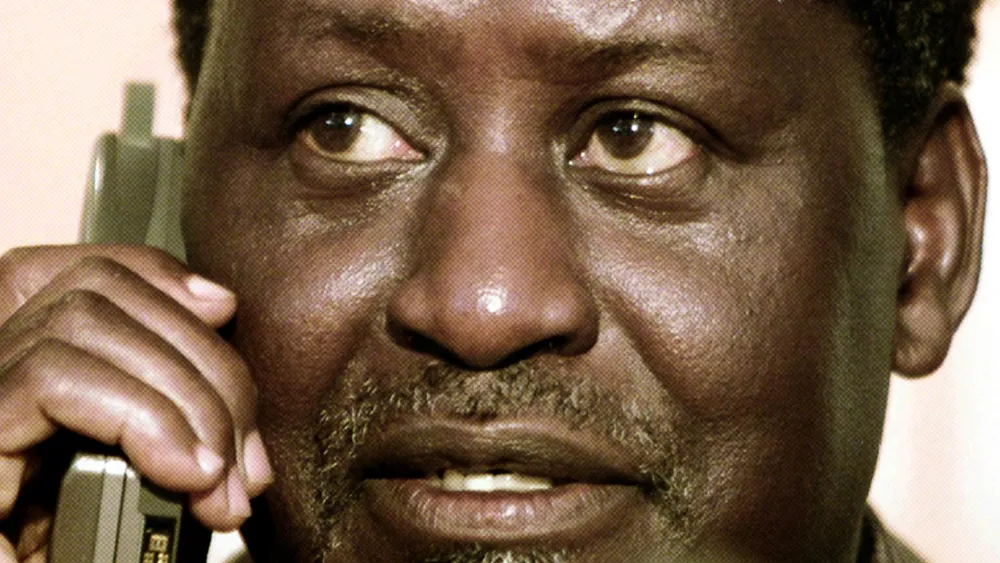
Terrorist activity in Mozambique is the most prominent and overt manifestation of jihadi terrorism in southern Africa, according to a new report.
The Middle East Africa Research Institute (MEARI), in a recent publication entitled ‘Tracking Terrorism Trends in Africa,’ reported that although southern Africa is yet to fully see the massive “explosion” of jihadi terror on the scale that has been witnessed elsewhere on the continent, terrorism firmly emerged in Mozambique’s Cabo Delgado province.
“The group now known as Islamic State Mozambique (ISM) emerged as an armed group in October 2017, known locally both as Ahlu-Sunnah wal Jama’a (ASWJ) for its ideological underpinnings and al-Shabaab for its extensive use of violence,” MEARI stated.
Al-Shabaab has not been particularly outspoken about the goals of its insurgency, but it has articulated a desire to establish rule by a hardline version of Islamic law in Cabo Delgado. The group’s aims appear to centre on undermining and degrading the Mozambican government’s military and political authority.
Religious and ethnic tensions, alongside poor regional economic conditions, are also reportedly prominent factors motivating the violence. The militants are believed by local leaders and community members to be primarily “disaffected” youth motivated by complex political, economic and social factors including feelings of marginalisation and disagreements with religious authorities in Cabo Delgado. The insurgency’s socio-economic roots were also raised, linked to Cabo Delgado’s perceived “resource curse”, whereby despite abundant natural fossil resources, the local population remains impoverished and does not reap the benefits of their exploitation, according to the report.
Decades of government neglect and systematic underinvestment have left Cabo Delgado the poorest province in Mozambique. This has created a widespread sense of resentment and frustration, especially among Mwani and Makua ethnic groups, who blame the dominance of Maconde ethnic business elites and local officials – the ethnic group of President Filipe Nyusi – for the Mwani and Makua’s political and economic exclusion.
The discovery of rubies in Montepuez in 2009 and liquid natural gas in the seabed off Palma in 2010 have exacerbated tensions, as communities who lost access to their fishing grounds or were cleared off their cultivated land in Cabo Delgado are yet to see promises of job opportunities and prosperity materialize. Scores of Mwani and Makua youth eventually joined ASWJ.
Mozambican armed forces were ill-equipped and poorly trained to handle a militant Islamist insurgency. They responded to ASWJ’s brutal acts of violence with their own ruthless tactics that reportedly included the widespread use of torture, extrajudicial executions of civilians suspected of supporting the group, and the mutilation of bodies of presumed ASWJ fighters. This only further increased ASWJ recruitment and violent reprisals against civilians, MEARI research found. Severe feelings of collective discontent among the Northern locals have served as a fertile recruitment basis for the extremist group.
Despite its rapid growth up to 2021, it has been one of the Islamic State’s (IS) most opaque affiliates. ISM was first recognized far later as a distinct IS province – only in May 2022, having previously been under the broader Islamic State Central Africa Province (ISCAP) organisation from as early as 2018.
In terms of the growth period from 2017-2019 – the insurgency’s early years, the group was marked by a lack of a clear identity. The names ‘ASWJ’ and ‘al-Shabaab’ signalled violent jihadist ideology, but public messaging from the militants themselves was rare. Nevertheless, the targeting of civilians by insurgents obscured any political objectives, MEARI reported.
“At first Islamic State Mozambique’s political objectives were not immediately apparent or overt. They first became clearer when formal affiliation of the insurgents with ISCAP was issued through IS media channels in June 2019. The Islamic State’s Central Africa Province (ISCAP), with the Allied Democratic Forces (ADF) operating in DRC, at its centre, had formally been acknowledged by IS in 2018. The ADF/ISCAP relations with Cabo Delgado’s insurgent group predated June 2019 considerably. The United Nations Group of Experts presented evidence of movement between ADF and Cabo Delgado’s insurgent group as early as 2017. The affiliation with IS sharpened the Cabo Delgado insurgents’ ideology and would translate into both technical assistance and external financial support.”
According to ACLED analysis, tactical training was provided as early as 2020. There is also evidence of payments to Mozambique as early as 2020, through the remittance of money that had been raised in Somalia and South Africa and sent to Mozambique and DRC through agents in Kenya, Tanzania, and Uganda.
The impact of Islamic State support from Somalia became increasingly apparent in 2020 and 2021. This permitted ISM to increase its operations and allowing the insurgency to reach the peak of engagement in political violence events in June 2020. Insurgents targeted urban centres, seized control of Mocímboa da Praia town in August 2020, for at least a year and twice threatened the LNG project at Palma.
Insurgents targeted state institutions such as garrisons, police stations, health centres, and schools. They also regularly targeted neighbourhoods dominated by state employees and the homes of prominent figures in the ruling Frelimo party or business people. The shift in operations and targets was seen to be indicative of an increased interest in taking on the state and undermining LNG investment in the region. Between January and November 2020, the group was responsible for over 400 violent incidents that left more than 1,300 people dead.
- A Tell report







